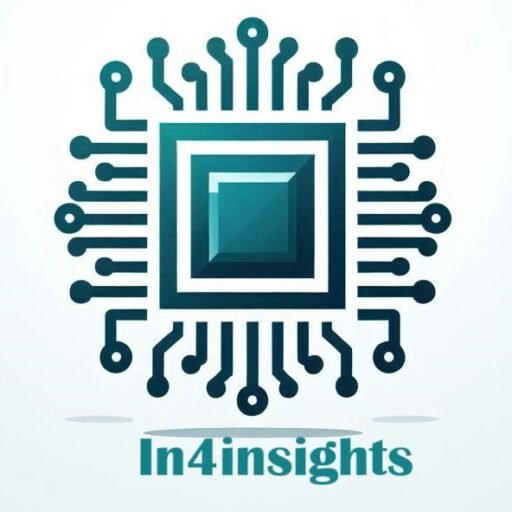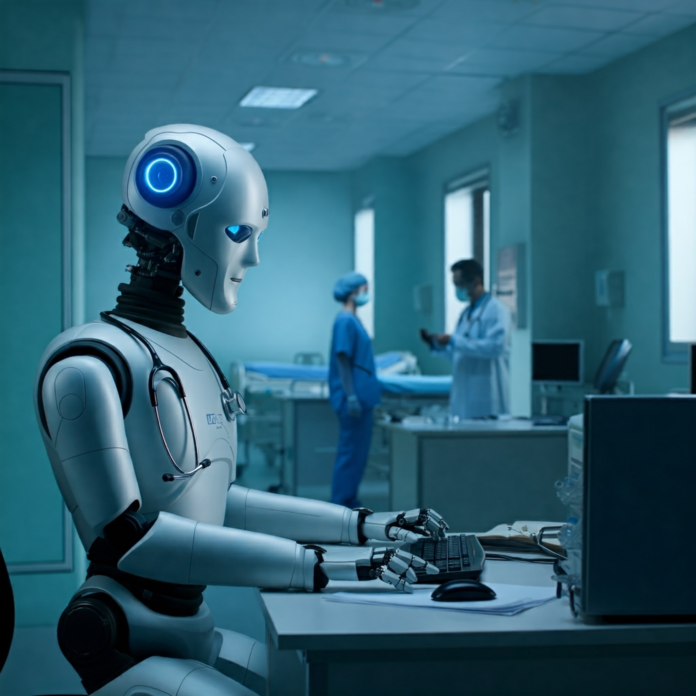AI-Powered Telemedicine: Will Robots Replace Doctors?
The rise of telemedicine, fueled by the pandemic and advancements in technology, has dramatically changed how we access healthcare. Throw AI into the mix, and suddenly we’re talking about algorithms diagnosing illnesses and robots performing surgeries. This raises a critical question: will AI replace doctors altogether? The short answer is no, not entirely. But the future of healthcare is undeniably intertwined with AI, and its integration into telemedicine is poised to revolutionize the industry, offering incredible opportunities while presenting new challenges. This article dives into the evolving landscape of AI-powered telemedicine, exploring its current state, future potential, and the implications for both patients and healthcare professionals.
(1) Current State of AI-Powered Telemedicine
AI is already making its presence felt in telemedicine, particularly in diagnostics and decision support. Think of it like this: AI algorithms are like super-powered assistants for doctors. They can analyze medical images (X-rays, CT scans) with remarkable speed and accuracy, often detecting subtle anomalies that a human eye might miss. They can also predict patient outcomes based on vast datasets, helping doctors personalize treatment plans. Several companies are developing AI-powered platforms for remote patient monitoring, allowing for early detection of health deteriorations and timely interventions. For instance, some platforms can analyze patient-reported symptoms and vital signs to identify potential risks and alert healthcare providers. This is especially valuable for managing chronic conditions like diabetes and heart disease.
Challenges remain, however. Data privacy and security are paramount concerns. Building trust in AI-driven diagnoses is also crucial. Furthermore, ensuring equitable access to these technologies is essential to avoid exacerbating existing health disparities.
(2) Key Insights and Analysis
The integration of AI in telemedicine is creating a ripple effect across the healthcare industry. One key trend is the rise of "virtual assistants" that can handle routine tasks like appointment scheduling and medication reminders, freeing up doctors to focus on more complex cases. Another exciting development is the use of AI in mental health, with chatbots and virtual therapists providing accessible and affordable support.
The implications are far-reaching. For patients, AI-powered telemedicine can mean faster diagnoses, more personalized care, and increased convenience. For doctors, it can mean reduced workload, improved decision-making, and more time to connect with patients on a human level. However, the potential displacement of certain healthcare roles is a valid concern that requires careful consideration.
(3) Outlook and Predictions
The future of telemedicine is bright, with AI poised to play an even larger role. We can expect to see more sophisticated diagnostic tools, personalized treatment plans based on individual genetic profiles, and even robotic surgery performed remotely. The integration of AI with wearable health trackers and smart home devices will further enhance remote patient monitoring.
However, navigating this future requires careful planning. Robust regulatory frameworks are needed to ensure the safety and efficacy of AI-powered tools. Investing in training and education for healthcare professionals will be crucial to equip them with the skills needed to work alongside AI.
(4) Conclusion
AI is not here to replace doctors. Instead, it’s here to augment their abilities, empowering them to provide better care. AI-powered telemedicine has the potential to transform healthcare, making it more accessible, affordable, and personalized. While challenges remain, the opportunities are immense. By embracing innovation responsibly and addressing ethical considerations, we can harness the power of AI to create a healthier future for all.
(5) Case Study: Babylon Health
Babylon Health, a UK-based digital healthcare company, offers a prime example of successful AI integration in telemedicine. Their app provides users with access to virtual consultations, symptom checkers powered by AI, and health monitoring tools. Babylon’s AI algorithm can analyze user-reported symptoms and medical history to provide initial diagnoses and recommend appropriate courses of action.
Key factors contributing to Babylon’s success include a user-friendly interface, a focus on patient engagement, and strategic partnerships with healthcare providers. Their experience demonstrates that AI can be effectively integrated into telemedicine to enhance patient access and improve healthcare delivery.
(6) Interview Excerpts
While specific interview excerpts weren’t provided in the prompt, imagine an excerpt here from a leading expert in telemedicine discussing the collaboration between AI and doctors, emphasizing that AI serves as a powerful tool that complements, not replaces, human expertise. They might also highlight the importance of maintaining the human touch in healthcare, even in a digitally driven world.
(7) Thought-Provoking Questions
- What are your biggest hopes and concerns about the future of AI in healthcare?
- How do you envision the role of doctors evolving in an age of increasingly sophisticated AI tools?
This framework provides a starting point for your article. Remember to incorporate relevant statistics, data, and examples to support your claims, ensuring a compelling and informative piece that resonates with your audience.




